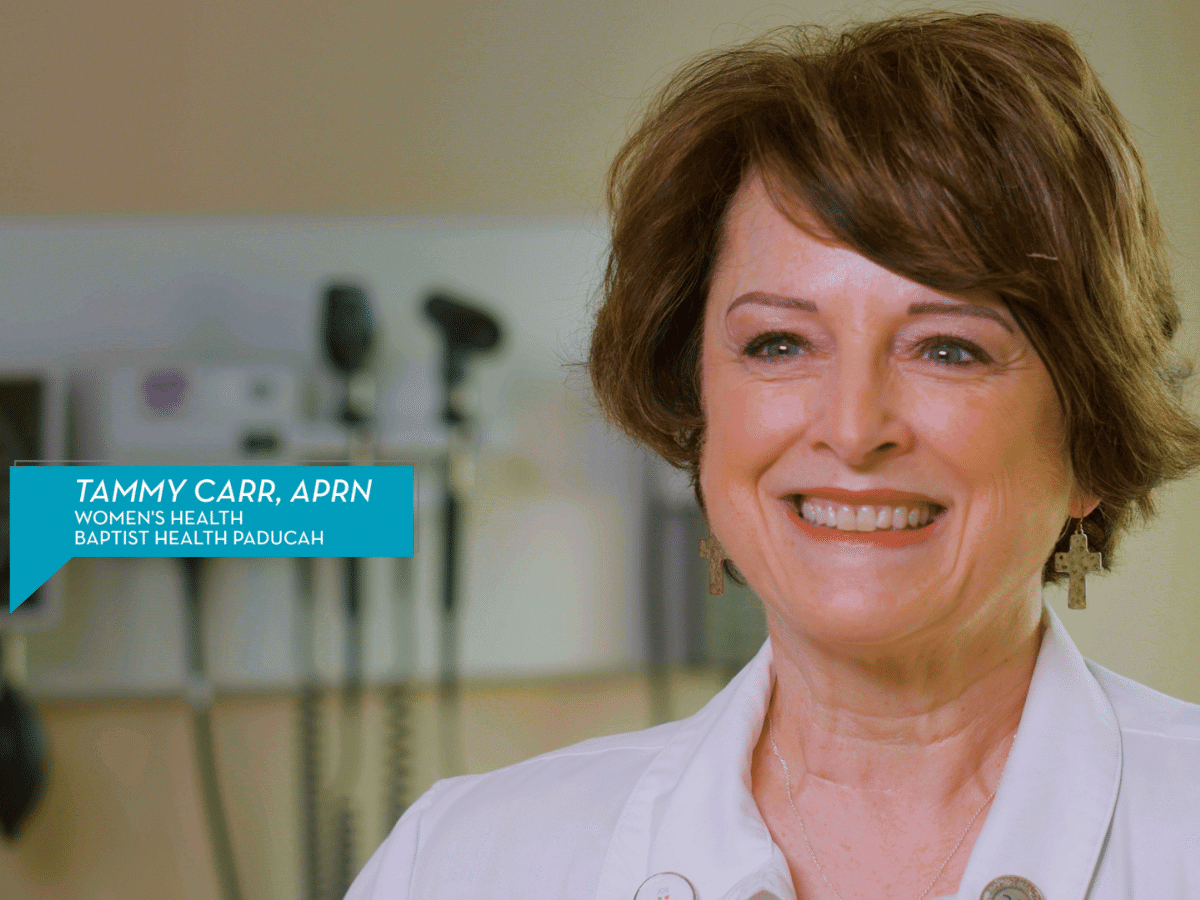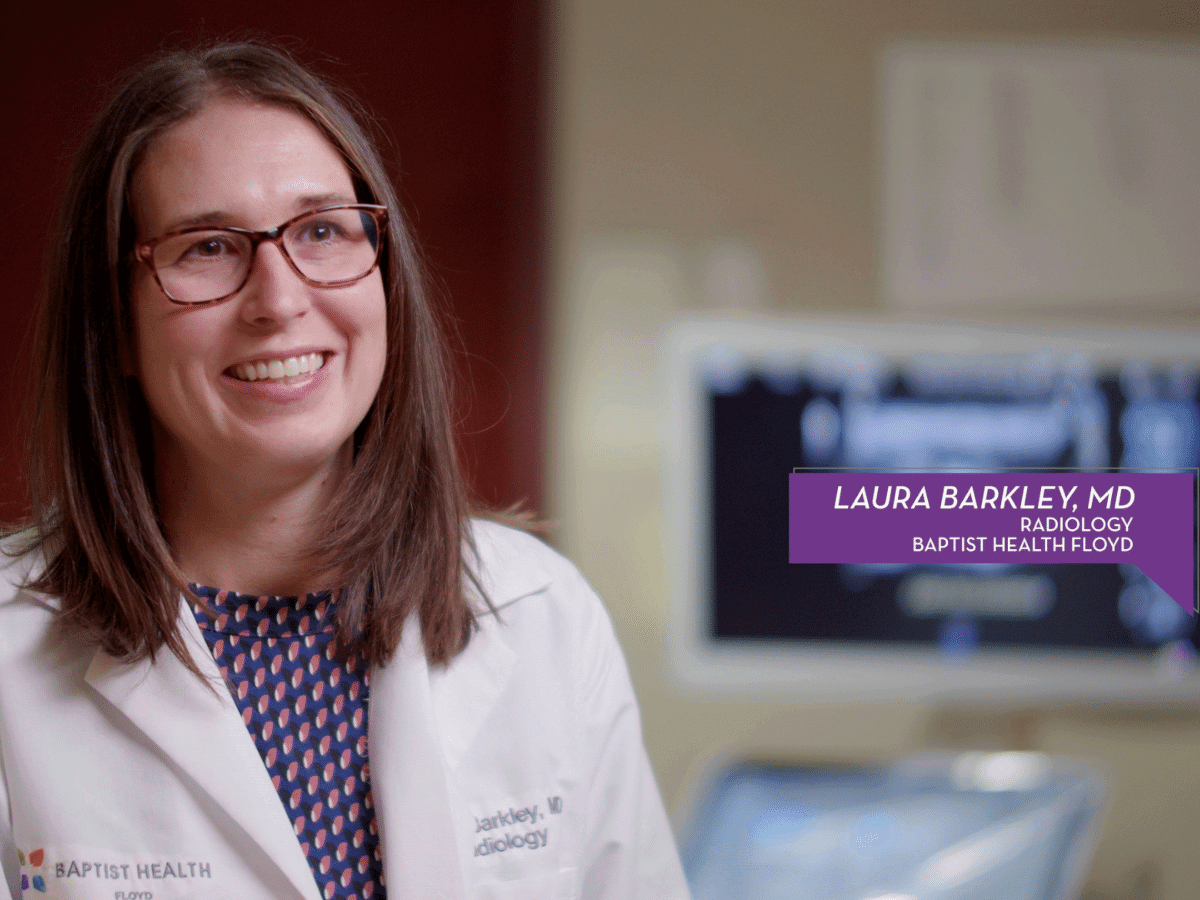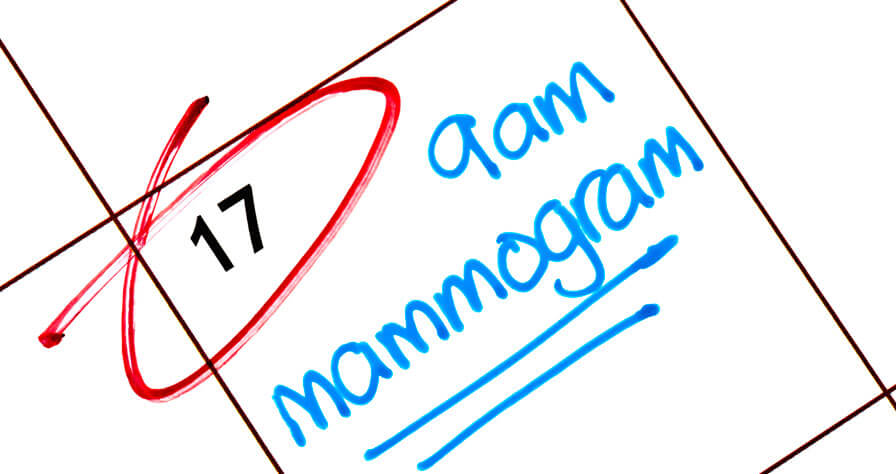Breast Cancer Screening and Detecting Breast Cancer Early in Louisville, KY
Baptist Health Louisville: Breast Cancer Screening and Detecting Breast Cancer Early
Detect breast cancer earlier with in-office screening and taking family history. Early detection of breast cancer can help patients get the treatment they need.
Breast Cancer Screening and Detecting Breast Cancer Early in Louisville, KY HealthTalks Transcript
Jean Nusz, MD, OB/GYN:
The importance of screening for women is that by doing a yearly mammogram from ages 40 to 80, it can decrease mortality or your chance of dying of breast cancer by about 50%. Mammography will find a cancer earlier. The estimate is between 1 1/2 to four years earlier, before breast cancer would ever be felt. When you find breast cancer at an early stage, it has not gone to a lymph node, it hasn’t spread to another part of the body. It’s much easier to treat and the patient will live longer. Getting a patient in for a mammogram and keeping them on the schedule is highly important.
With genetic testing, we go through the family history. We see if the [patient] would be high risk. We do that in our office, which I think is a huge advantage. We really try to make it as easy as possible. For patients who meet the criteria, we will send off genetic testing. Those patients are counseled, if they’re positive, on what further testing to do.
I always tell patients that’s why we see a lot of patients at the breast cancer walks because they had early detection, they were treated, and they’re living their life. It’s very important to keep up with it and have it yearly between those ages.
Know Your Risk
Choose an assessment and location before you begin.
Breast Cancer
Over the course of a lifetime, one in eight women will be diagnosed with breast cancer. Are you at risk? Take this breast cancer risk assessment to estimate your 5-year and lifetime risk.



